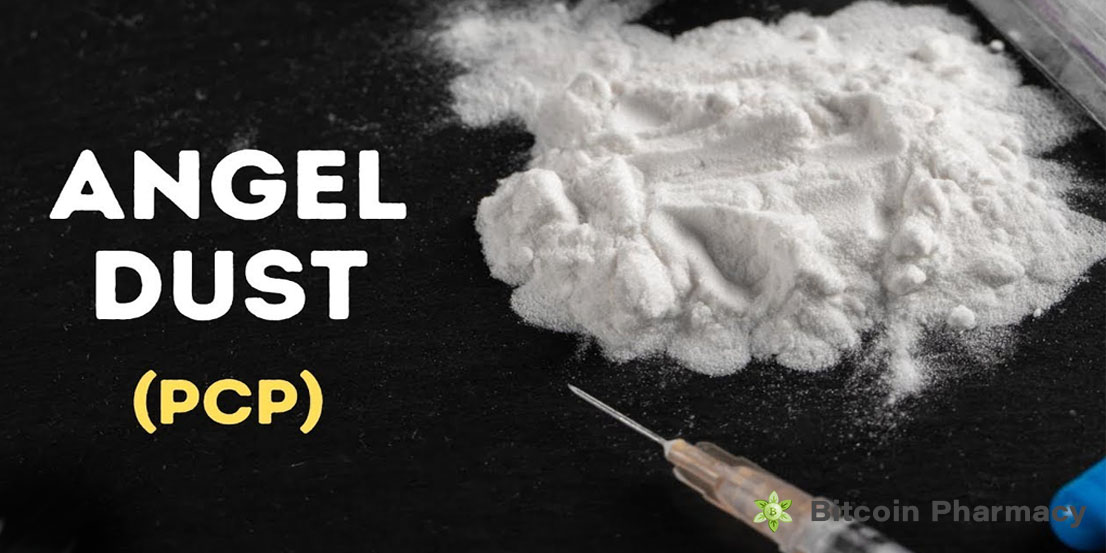PCP (Phencyclidine) is a dangerous drug often found on the streets in various forms like white powder, tablets, capsules, crystals, and even liquids. People take it by swallowing, snorting, or smoking, sometimes mixed with other substances like marijuana or MDMA. But what does it really do to you in the short run?
Short-Term Effects of PCP
When someone uses PCP, it doesn’t just affect their body physically—it messes with their mind too. The exact effects depend on things like the dose and how often the person has used drugs in the past.
Let’s dive into the psychological side of things first. You might experience:
- Intense paranoia
- Aggressive or antisocial behavior
- Unrealistic feelings of superiority
- A complete detachment from reality
- Constant anxiety
- Mood swings from euphoria to deep sadness
- A foggy mind with poor focus
- An obsession with thoughts or actions
- A terrifying fear of dying
On the physical side, the body reacts too:
- Blurry or distorted vision
- Feeling nauseous or throwing up
- An erratic heartbeat
- Blood pressure that swings up and down
- A sudden rise in body temperature
- Sensitivity to sounds
- Trouble speaking coherently
- Odd breathing patterns
- Muscles stiffen up
- Lightheadedness
Long-Term Effects of PCP
The long-term consequences of using PCP are no joke. Over time, the drug wreaks havoc, causing things like:
- Complete detachment from reality
- Trouble with memory and weight loss
- Distorted or “flashback” memories that feel like LSD trips
- Problems with speaking and communication
- Severe depression and even suicidal thoughts
- Aggressive behavior and hallucinations
Effects of a PCP Overdose
Overdosing on PCP can be life-threatening. The symptoms to watch out for include:
- A catatonic state (frozen body posture)
- Loss of coordination
- Unconsciousness or coma
- Severe psychosis
- Seizures or convulsions
- Rapid eye movement (Nystagmus)
If you or someone you know shows any of these signs, get medical help immediately—it could save a life.
How Is PCP Abuse Treated?
Treating PCP addiction isn’t a one-size-fits-all deal, but here are some of the most effective methods:
- Detox Program The first step is to detox, which helps remove PCP from the body and gets it back to a balanced state. This process needs to be done carefully, under medical supervision.
- Rehabilitation Centers If things are serious, inpatient rehab might be the best option. In these centers, people can go through a thorough treatment process that includes medical care, therapy, group counseling, and relapse prevention.
- Outpatient Treatment For those who can still maintain a normal life with family and friends around them, outpatient programs are a great choice. These often involve therapy multiple times a week, helping patients get back on track without checking into a full-time facility.
- Support Groups Recovering from addiction is tough, but support groups can make a world of difference. By connecting with others who have been through the same struggles, patients can gain valuable insights, find encouragement, and feel less isolated on their journey to recovery.
The road to recovery from PCP addiction can be long, but with the right plan in place, it’s possible to overcome the grip this drug can have on your life. Always consult a doctor to build a treatment program that suits your unique needs. Remember, recovery is a lifelong commitment—and the first step is always the hardest.

Leave a Reply